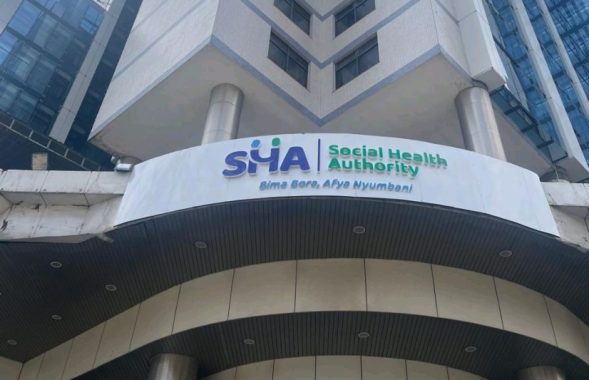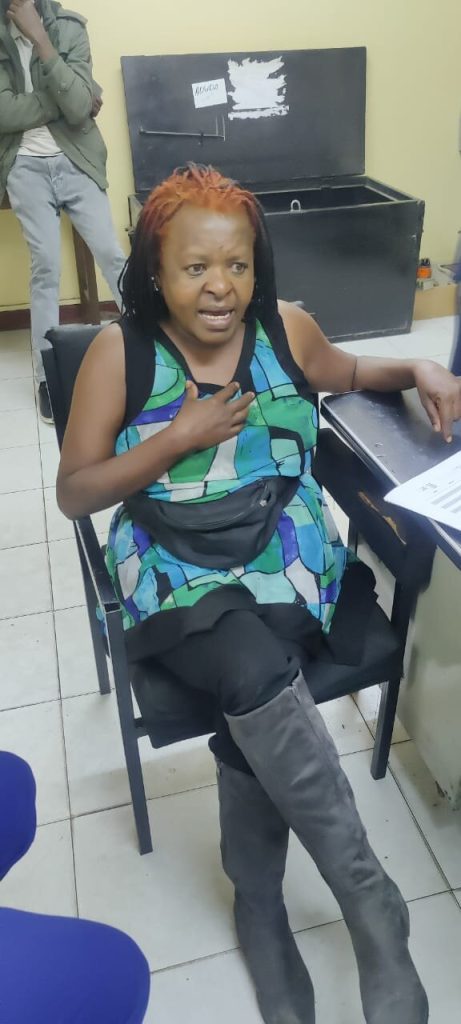National Treasury and Economic Planning Cabinet Secretary John Mbadi has proposed sending government officials abroad to learn from countries successfully running universal health coverage programmes as part of Kenya’s efforts to strengthen the implementation of the Social Health Authority (SHA).
Speaking during a media interview on April 18, 2025, Mbadi pointed to the United Arab Emirates and Germany as benchmarks for Kenya to learn from, citing their effective implementation of similar healthcare schemes.
“I know any social health provision in the whole world is usually controversial. There are areas where this scheme has been implemented perfectly well. Like I’m told, it has been implemented in the United Arab Emirates and Germany. It is working perfectly well. We need to send some of our officers to those countries to learn how to implement this because this is a perfect program by the government,” Mbadi stated.
The Treasury CS maintained that SHA remains a promising initiative, emphasising the importance of universal contribution based on income levels.
“The social health insurance component is where we contribute—those who are employed and even those who are not employed should contribute. So if you have 18 million Kenyans, the rate at which we are contributing should differ based on our income. But we should all contribute. Those who are earning more contribute more; those who are earning less contribute less,” Mbadi explained.

He addressed the difficulties of ensuring compliance, particularly in the informal sector, but stressed the importance of striving to enforce contributions across all sectors of society.
“What we need to do is just to make implementation efficient. The problem is, if you are in the informal sector, it’s usually very hard to enforce compliance. It is very difficult even at the taxation level, but we must strive to enforce it so that at least the 18 million people contribute something,” he said.
Sharing a personal perspective, Mbadi revealed he contributes approximately Ksh27,000 to the scheme and is comfortable with that amount if it helps those who cannot afford healthcare.
“I don’t mind contributing because, let me tell you, if that money can help save the life of someone who cannot afford medication, the better.”
Mounting challenges
Mbadi’s remarks come amid mounting criticism of the SHA rollout, which has faced a turbulent start despite being touted by President William Ruto as a transformative solution for the country’s health sector.
Months since its official launch, the programme has been marred by system failures, public outcry, and debt accumulation.
Widespread complaints include OTP verification delays, claim processing issues, and prolonged downtimes on the SHA portal.
The backlash reached a climax on January 15, 2025, when a group of patients stormed a press briefing by Health Cabinet Secretary Deborah Barasa at Afya House, decrying limited access to healthcare despite being registered and having paid premiums.
The arrest of one of the protestors, Grace Njoki, only heightened public outrage.

Further compounding the crisis, the Rural and Urban Private Hospitals Association (RUPHA) on February 20, 2025, announced the suspension of SHA services in private facilities, citing unpaid government debts, technical system failures, and delayed reimbursements.
RUPHA Chairperson Brian Lishenga warned that hospitals were unable to operate due to financial constraints, stockouts, and staff salary delays.
The association said the government owes private facilities Ksh30 billion in arrears dating back to 2017.
Their data showed that 54% of hospitals had not received any payments from SHA, while 89% had encountered portal failures.
Teachers and police officers were among the groups severely affected by the suspension, which ended on March 6, 2025.
Lawmakers have also raised red flags over the system’s performance, with Parliament vowing to initiate stakeholder engagements aimed at rescuing the struggling sector.